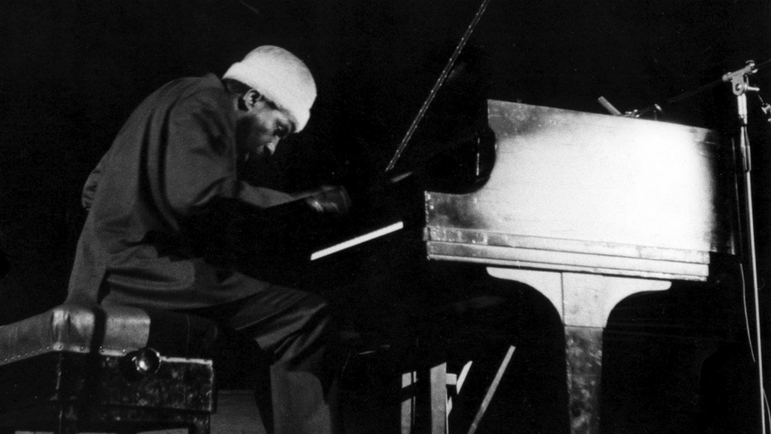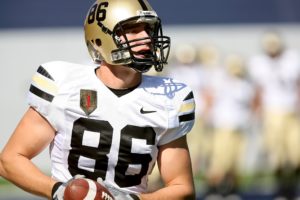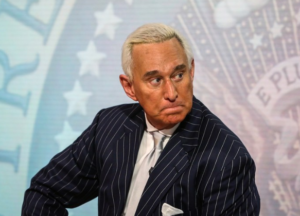INTRO: Thelonious Monk Jr. is suing the brewing company for use of his father’s likeness in merchandising, an act outside the parameters of the existing agreement.
FACTS :
Thelonious Monk Jr. is suing the brewing company for use of his father’s likeness in merchandising, an act outside the parameters of the existing agreement. As part of the consent to use Monk’s name, the brewery donated a portion of the proceeds to a charitable organization set up in Thelonious Monk’s name. However, when Thelonious Monk Jr. discovered that North Coast Brewing had been using Thelonious Monk’s likeness for more than just the craft beverage, he objected that merchandising was not within the scope of the consent he provided. After he revoked his permission and the brewery continued to produce and sell the beer, Thelonious Jr. filed suit and the court denied the brewery’s motion to dismiss.
ISSUES :
P:
- Merchandising was outside the scope of the consent provided
- Argued trademark infringement and unjust enrichment, which were not applicable but the court corrected
D:
- Complaint was inaccurate in its claims (not applicable in CA)
LAW:
MOTION TO DISMISS
A motion to dismiss is a legal document that asks the court to “throw out” a case. The motion is usually filed by the defendant immediately after the plaintiff files a complaint. A defendant can file a motion to dismiss instead of filing an answer; if the defendant files a motion to dismiss, most courts assume the defendant denies the allegations in the complaint, even though the defendant hasn’t filed an answer that specifically denies the allegations in the complaint.
For the court to grant a motion to dismiss, the arguments raised in the motion to dismiss must be issues that the parties can argue about and that the court can address without needing any evidence that doesn’t already appear in the complaint and the motion itself. If more evidence is needed, the court will generally deny the motion to dismiss and ask the defendant to bring up the issues again in a motion for summary judgment after both parties have had a chance to investigate by conducting discovery.
Motions to dismiss usually concern procedural issues
FALSE ENDORSEMENT
Under Section 43(a) of the Lanham Act, false endorsement occurs when a person’s identity is connected with a product or service in such a way that consumers are likely to be misled about that person’s sponsorship or approval of the product or service.”
“A false endorsement claim based on the unauthorized use of a celebrity’s identity . . . alleges the misuse of a trademark . . . such as visual likeness, vocal imitation, or other uniquely distinguishing characteristic, which is likely to confuse consumers as to the plaintiff’s sponsorship or approval of the product. In such a case, the “mark” at issue is the plaintiff’s identity.”
While most of these cases arise in the context of a popular celebrity, some courts have held that celebrity status is not a necessary prerequisite for a successful false endorsement claim under the Lanham Act.
The key issue in a false endorsement case is whether “defendant’s use of the mark to identify the its goods or services is likely to create confusion concerning the plaintiff’s sponsorship or approval of those goods or services.” A plaintiff must be able to show that “the public believe[s] that ‘the mark’s owner sponsored or otherwise approved of the use of the mark.'”
Courts analyze a variety of factors to determine whether the use of a mark creates the likelihood of confusion, including the level of the plaintiff’s recognition among the segment of the society for whom defendant’s product is intended, the relatedness of plaintiff’s fame or success to defendant’s product, and defendant’s intent in selecting the plaintiff.
http://itlaw.wikia.com/wiki/False_endorsement
UNJUST ENRICHMENT
Unjust enrichment occurs when one person is enriched at the expense of another in circumstances that the law sees as unjust. Where an individual is unjustly enriched, the law imposes an obligation upon the recipient to make restitution, subject to defenses such as change of position. Liability for an unjust (or unjustified) enrichment arises irrespective of wrongdoing on the part of the recipient.
The law of unjust enrichment is closely related to, but not co-extensive with, the law of restitution. The law of restitution is the law of gain-based recovery. It is wider than the law of unjust enrichment. Restitution for unjust enrichment is a subset of the law of restitution in the same way that compensation for breach of contract is a subset of the law relating to compensation.
https://en.wikipedia.org/wiki/Unjust_enrichment
RESTITUTION
The law of restitution is the law of gains-based recovery. It is to be contrasted with the law of compensation, which is the law of loss-based recovery. When a court orders restitution it orders the defendant to give up his/her gains to the claimant. When a court orders compensation it orders the defendant to pay the claimant for his or her loss. https://en.m.wikipedia.org/wiki/Restitution
DETAILED FACTS:
Thelonious Monk Jr. is suing the brewing company for use of his father’s likeness in merchandising, an act outside the parameters of the existing agreement. As part of the consent to use Monk’s name, the brewery donated a portion of the proceeds to a charitable organization set up in Thelonious Monk’s name. However, when Thelonious Monk Jr. discovered that North Coast Brewing had been using Thelonious Monk’s likeness for more than just the craft beverage, he objected that merchandising was not within the scope of the consent he provided. After he revoked his permission and the brewery continued to produce and sell the beer, Thelonious Jr. filed suit and the court denied the brewery’s motion to dismiss. The lawsuit alleges that the brewery used Thelonious Monk’s image on brewery merchandise including cups, hoodies, playing cards, soaps, signs, and other products, including mouse pads.
Among the lawsuit’s deficiencies is the fact that it pleads an unjust enrichment cause of action, yet, under California law, there is no cause of action for unjust enrichment. Nevertheless, the court refused to dismiss that claim and rather ruled that it will consider the unjust enrichment claim to be a quasi contract claim seeking restitution.
An additional deficiency is that trademark infringement is alleged while, as the court explains, the case is really a false endorsement case. Like the unjust enrichment claim, the court simply decided to construe the trademark infringement claim as a false endorsement claim.
OTHER FACTS:
- Thelonious Monk was a famous jazz pianist and composer
- North Coast Brewing Company is located in Fort Bragg, CA and opened its doors in 1988, six years after Thelonious Monk’s birthday
ARTICLE LINKS:
- (order denying motion to dismiss) https://www.courthousenews.com/wp-content/uploads/2018/01/thelonious-monk-ruling.pdf
- http://blogs.findlaw.com/california_case_law/2018/02/california-brewery-cant-slam-dunk-on-thelonious-monk.html
- https://www.rightofpublicityroadmap.com/news-commentary/jazz-great-thelonious-monk%E2%80%99s-heir-objects-brother-thelonious-beer
MEDIA :




